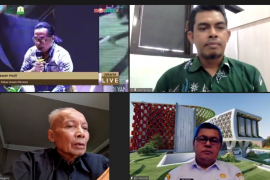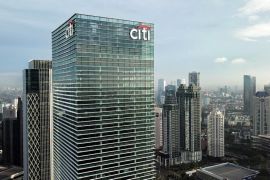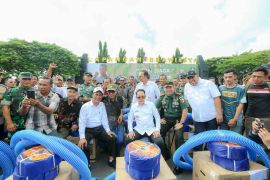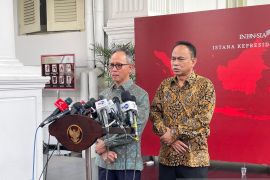"The four archives on the Borobudur temple restoration, Panji Story, Non-Aligned Movement, and Tsunami had been registered in 2016, and the results will be announced at the end of October 2017," Subiyanto remarked here on Tuesday.
He said Indonesia had submitted a proposal to list the archives of Borobudurs renovation during the 1973-1983 period in the UNESCO Memory of the World Register, as the second restoration had involved several parties, and Indonesia has a complete documentation on the work.
The archive being filed as a Collective Memory of the World will offer it legitimacy and will strengthen the status of Borobudur as a World Heritage Inheritance.
The second archive to be registered was that of the Non-Aligned Movement. This document is viewed as having universal value, as the world was split into two blocs, and 10 countries, including Indonesia, had participated in organizing the Non-Aligned Summit.
Indonesia, along with several countries, such as Cuba, Zambia, and Algeria, had registered the archives of the Non-Aligned Movement as a Collective Memory of the World.
The archive of the earthquake and tsunami that hit Aceh in 2004, the most powerful earthquake measuring 9.1 on the Richter scale, was also listed in the UNESCO Memory of the World Register.
At the time, the earth shook for eight to 10 minutes, thereby making it the longest earthquake, in which Indonesia became the most affected country due to the natural disaster.
"This document is important to be included as a Collective Memory of the World to serve as a reminder of the powerful and destructive nature of the earthquake," he said.
The last archive to be registered comprised 76 manuscripts of the Panji Story about Inu Kertapati and Dewi Sekartaji from East Java dating back to the 13th century.(*)
Editor: Heru Purwanto
Copyright © ANTARA 2017











